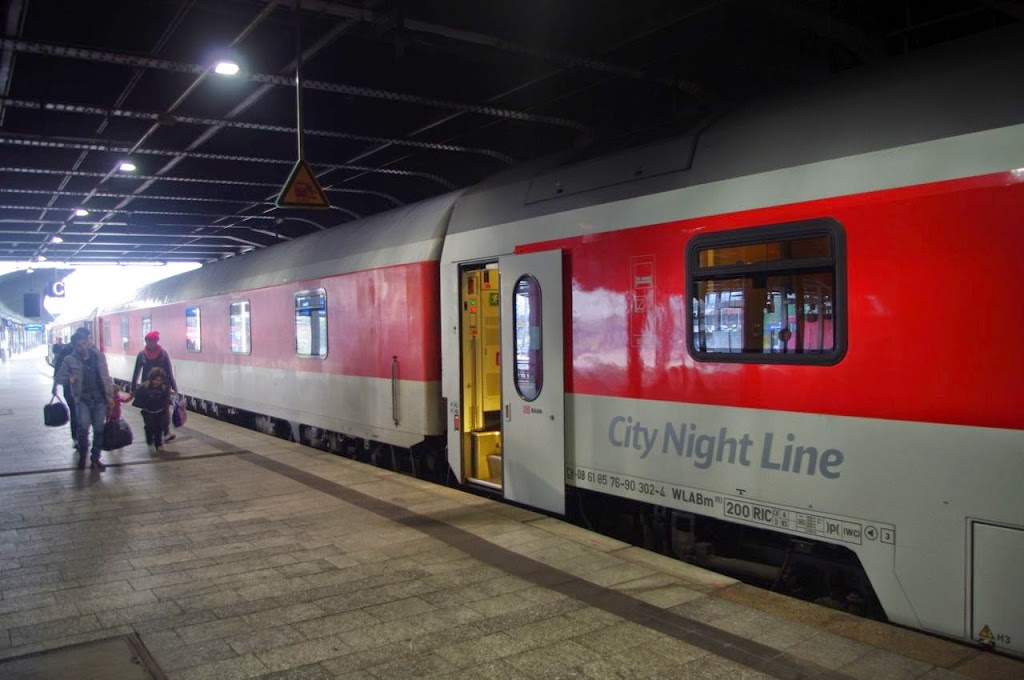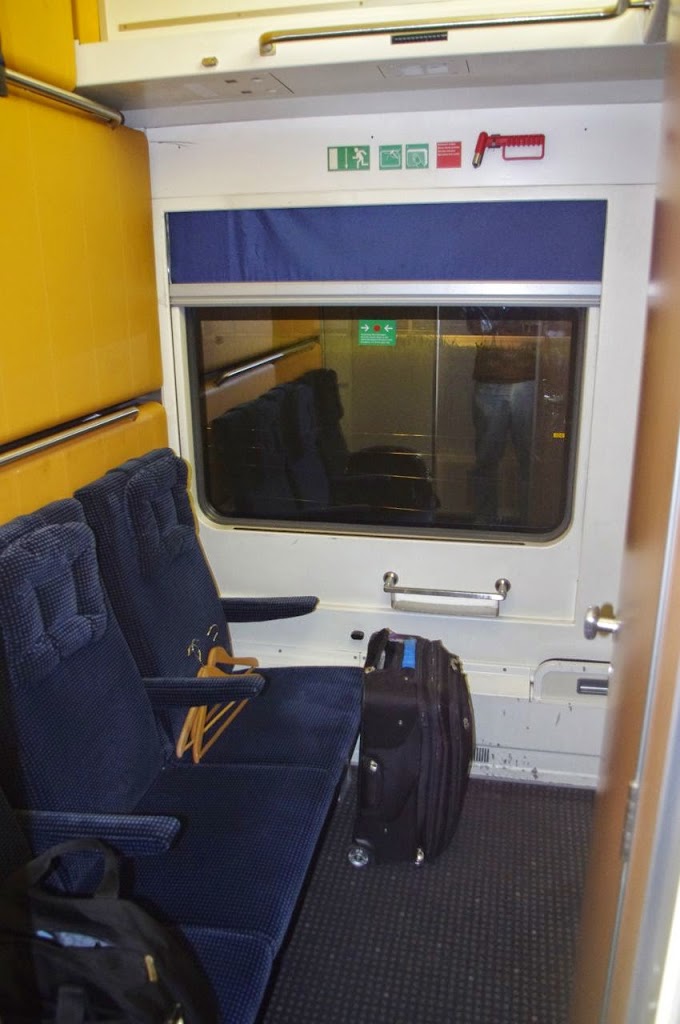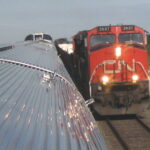Overnight Trains in Europe Lack a Key Element.
A year ago, I embarked on an extensive European trip that included overnight stops in England, France, Denmark and Norway. It was train all the way, of course, and I was particularly looking forward to the two overnight segments. The first was from Paris to Hamburg; the second, on the way back, was from Copenhagen to Cologne.
Both of the overnight trains were operated by City Night Line. And both were disappointments. The accommodations were a bit threadbare, but fine: a private room with a long sofa-type seat and a bed that folded down from the wall. The en suite lavatory included a toilet, a wash basin and a shower. All were very well designed — ingeniously designed, really — and worked perfectly.
Unfortunately, there was no restaurant car on either train. The first train left Paris at 8:00 p.m., certainly not after the dinner hour by European standards, and the other train departed Copenhagen at 6:45 in the barely-evening. I had already been told by Mathew Foy at Railbookers in London that there would be no restaurant car, so I ate something before departure in each case.
Nevertheless, it was a big disappointment because dining on the train is always an interesting and enjoyable experience for me. I have since learned that the very future of the overnight trains in Europe might be in doubt. As always, there are multiple reasons.
The advent of high-speed rail is one. Many of the routes that have for years hosted the overnight trains running at conventional speeds are now also being served by high-speed trains that cover those distances in a half or a third of the time.
Overnight trains are much more expensive to operate. They require a lot of staffing and, as Amtrak will be happy to confirm, it’s very expensive to provide quality food service on long haul trains. Corners are being cut already: both breakfasts arrived in cardboard boxes and both were pretty awful.
And — don’t ask me for the technical details — the overnight trains require locomotives with specific capabilities that are not suitable for other shorter-haul trains, so it’s a case of specialized equipment that’s under utilized … making it expensive to operate.
Finally, most of the equipment being used for the overnight trains is old and will soon need to be replaced, so the operators are facing large capital outlays in the near future.
Notwithstanding all that, there is still demand for the service. There are a lot of people — I readily admit to being one — who like having the option of going to bed in the heart of one city and waking up in the center of another. It’s restful, it’s practical, there’s no hotel room top pay for … and it beats the hell out of flying.
But — damn! — it needs that restaurant car.





